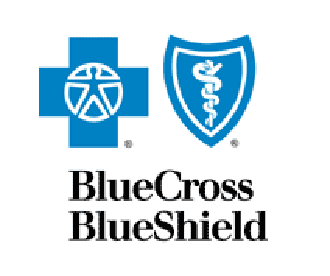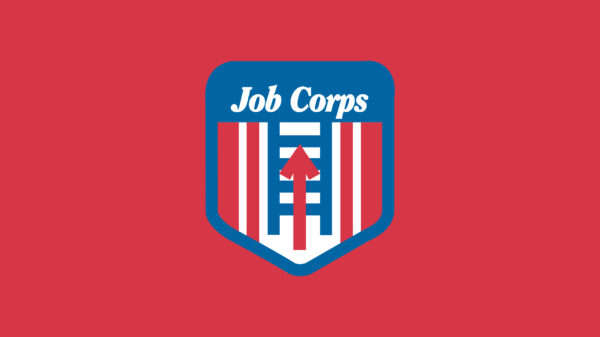By Brandon Moseley
Alabama Political Reporter
During the debate on whether or not healthcare reform was needed, proponents pointed to the lack of Healthcare competition in many areas, particularly in Alabama where Blue Cross Blue Shield held 88% of the health insurance market.
When the Affordable Care Act opened 2014 enrollments on Tuesday there was little change and BCBS could actually potentially increase their share of the market in Alabama. There are only two insurers on the federally run healthcare exchange in Alabama: Blue Cross Blue Shield and Humana. As was first reported here, Blue Cross Blue Shield is on the exchange in all 67 counties. Alabamians who live in Shelby, Jefferson, and Madison counties can also select a Humana product.
Families who make 133% of the federal poverty line (133% of the FPL is $31,332 for a family of four) but less than 400% of the federal poverty line ($94,200 for a family of four) are required to get their coverage from the exchange.
Families and individuals who make more than that are required to have insurance but do not qualify for the tax credit thus can purchase a non-exchange product. Humana, Blue Cross Blue Shield, and United Healthcare are all offering non-exchange products, though Humana is not offering new coverage in all Alabama counties.
Families and individuals who make less than 133% of the FPL are supposed to enroll in Medicaid, but Medicaid did not expand in Alabama.
Americans can no longer be denied coverage because of pre-existing conditions or their weight. Gone are high risk pools, the insurance rating system for healthcare insurance, and waiting periods before coverage from a pre-existing condition takes effect.
Smokers will face higher premiums. The compliant policies now offer coverage that many people’s insurance did not cover. Beginning in 2014 all compliant policies will include maternity coverage, prescription drug coverage, preventive care, and urgent care.
Beginning on Tuesday Americans can purchase Affordable Care Act compliant insurance policies though those policies effective date is January 1, 2014, so don’t drop existing coverage until that time. Millions of Americans with existing coverage will see their policies renew into Patient Protection and Affordable Care Act Policies over the next year.
Many will see their premiums go up. Many have already seen an increase in premiums and many will see their premiums go down depending on their household income and family size.
People who purchase policies on the insurance marketplaces may be eligible for some level of premium subsidies through a 2014 tax credit you can take in advance. The tax credit will be paid directly to the insurance company reducing the monthly premiums that the individual has to pay.
Families and persons who make less than 250% of the federal poverty line are also eligible to receive additional cost sharing assistance if they purchase their own insurance and they purchase a silver plan.
Silver plans cover an estimated 70% of the average policy holder’s estimated medical needs (~a $6950 value). Gold plans cover 80%, Platinum plans 90%, and Bronze Plans 60%. Only persons under the age of 30 who can demonstrate that purchasing a compliant policy would be a financial hardship can still purchase catastrophic coverage. The percentages are based on actuarial evidence so actual policy terms can vary regarding coinsurance and deductibles.
Levels of subsidy are based on estimated 2014 income so it is possible that you could have to repay some of that subsidy on your 2014 taxes if you underestimate your 2014 income. If you overestimate and can claim the tax credit the credit can be applied to your taxes owed.
You can not purchase coverage on the exchange if your employer or your spouse’s employer offers healthcare coverage. Since you are required by law to have coverage, you must elect to enroll in those policies, or enroll in Medicaid, Tricare, or Medicare if you are eligible.
Failure to have coverage in place in 2014 means that you will be charged a $90 or 1% of your adjusted income fine on your 2014 taxes. Collecting the fine will be the responsibility of the Internal Revenue Service and additional fines, penalty, and interest will apply. The penalty is scheduled to increase in the third year of enforcement.
Small businesses are being offered tax credits to help pay up to 50% of premiums if they offer coverage to their employees.
In July, the Obama Administration announced it would delay until 2015 enforcement of the Affordable Care Act’s employer mandate, which requires businesses with 50 or more employees to offer healthcare coverage or face tax penalties.
Congressional Republicans are demanding that the President give individuals the same break and repeal the unpopular medical device tax and are refusing to pass a Continuing Resolution until he complies which has led to a government shutdown.
For more specific information about your situation contact your licensed local health insurance agent.




















































